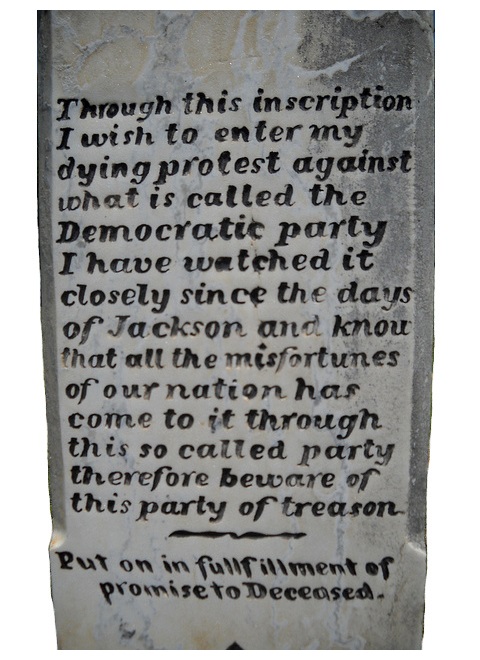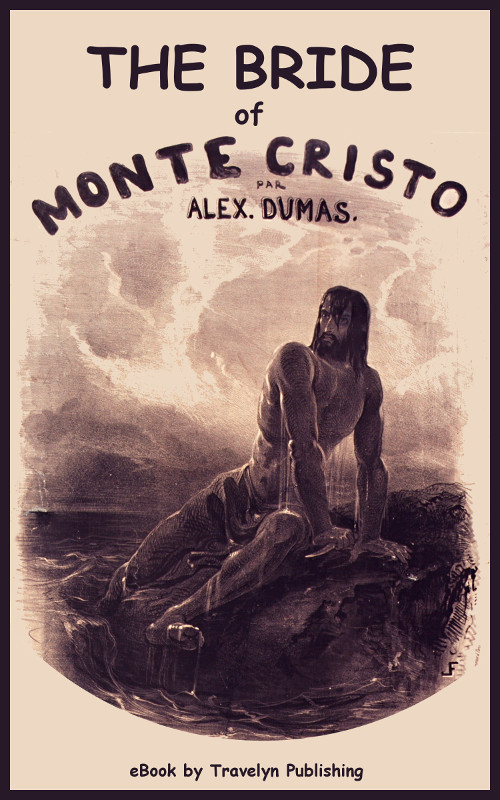August 31, 2013 - You neglected to include the Japanese Internment in 1942 by FDR.
April 19, 2013 - The Democrat Party has a long history of radical violence, race baiting and criminality but now it’s been hijacked by the extreme left. So the Democrat party remains a hotbed of radical violence, race baiting and criminality, but now from a Marxist point of view. - Elrond Hubbard, IHTM
April 19, 2013 - Question this Brooks senator... how come he didn’t go to prison? I will make damn sure to post this everywhere I can. Thanks! - KimmyQueen, IHTM
April 19, 2013 - “The first Democrat President, Andrew Jackson (also his successor, Martin Van Buren), herded the Five Civilized Tribes (Cherokee, Chickasaw, Choctaw, Creek, and Seminole) into camps, tormented them, burned their homes, pillaged their belongings, and forced them to relocate west of the Mississippi.” Modern 1/32 Cherokee Lizzy Warren’s ancestor may have been one of the rounder-uppers. - Bonfire of the Absurdities, IHTM
"President Franklin D. Roosevelt authorized the internment with Executive Order 9066, issued February 19, 1942, which allowed local military commanders to designate "military areas" as "exclusion zones," from which "any or all persons may be excluded." This power was used to declare that all people of Japanese ancestry were excluded from the entire Pacific coast, including all of California and much of Oregon, Washington and Arizona, except for those in internment camps. In 1944, the Supreme Court upheld the constitutionality of the exclusion orders. The Court limited its decision to the validity of the exclusion orders, adding, "The provisions of other orders requiring persons of Japanese ancestry to report to assembly centers and providing for the detention of such persons in assembly and relocation centers were separate, and their validity is not in issue in this proceeding." (Wikipedia)- Rita M., Detroit
April 19, 2013 - The Democrat Party has a long history of radical violence, race baiting and criminality but now it’s been hijacked by the extreme left. So the Democrat party remains a hotbed of radical violence, race baiting and criminality, but now from a Marxist point of view. - Elrond Hubbard, IHTM
J.P. replies: In other words, they’ve always been in favor of slavery but they’ve gone from wanting slavery for some to wanting slavery for all.
April 19, 2013 - Question this Brooks senator... how come he didn’t go to prison? I will make damn sure to post this everywhere I can. Thanks! - KimmyQueen, IHTM
April 19, 2013 - “The first Democrat President, Andrew Jackson (also his successor, Martin Van Buren), herded the Five Civilized Tribes (Cherokee, Chickasaw, Choctaw, Creek, and Seminole) into camps, tormented them, burned their homes, pillaged their belongings, and forced them to relocate west of the Mississippi.” Modern 1/32 Cherokee Lizzy Warren’s ancestor may have been one of the rounder-uppers. - Bonfire of the Absurdities, IHTM






















































